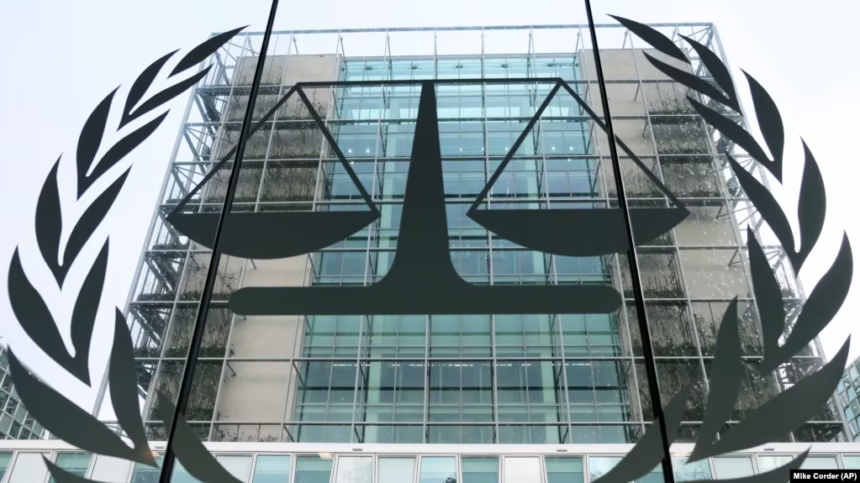The United States has imposed sanctions on four judges of the International Criminal Court (ICC), citing the court’s “politicization and abuse of power,” the State Department announced.
“We do not take this step lightly. It reflects the seriousness of the threat we face from the politicization and abuse of power by the International Criminal Court,” the statement read.
The sanctioned judges include Solomy Balungi Bossa and Luz del Carmen Ibáñez Carranza from the ICC’s Appeals Division, and Reine Adélaïde Sophie Alapini-Gansou and Beti Hohler from the Pre-Trial and Trial Divisions.
This action follows earlier sanctions imposed by US President Donald Trump on February 6, who criticized the court for what he called “illegitimate and unfounded” investigations targeting America and its ally, Israel. At that time, Trump ordered asset freezes and travel bans on ICC officials, employees, and their family members, as well as anyone deemed to have assisted in the court’s investigations.
The ICC strongly condemned the initial decision, vowing that the institution would continue to provide “justice and hope” worldwide.
The US has historically maintained a cautious stance towards the ICC. An analysis by Dragan Štavljanin, “Why did the US impose sanctions on the International Criminal Court?”, further elaborates on Washington’s long-standing reservations towards this institution even before Trump’s decision to impose sanctions.







